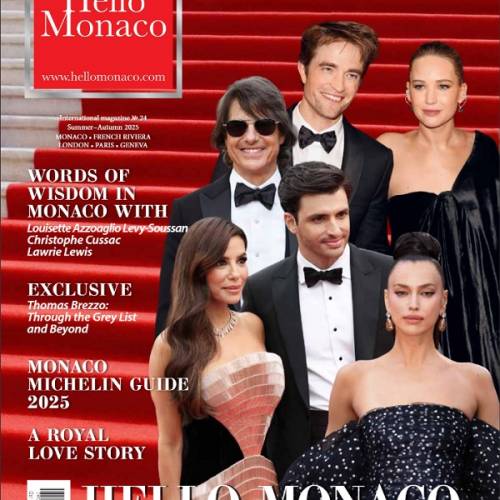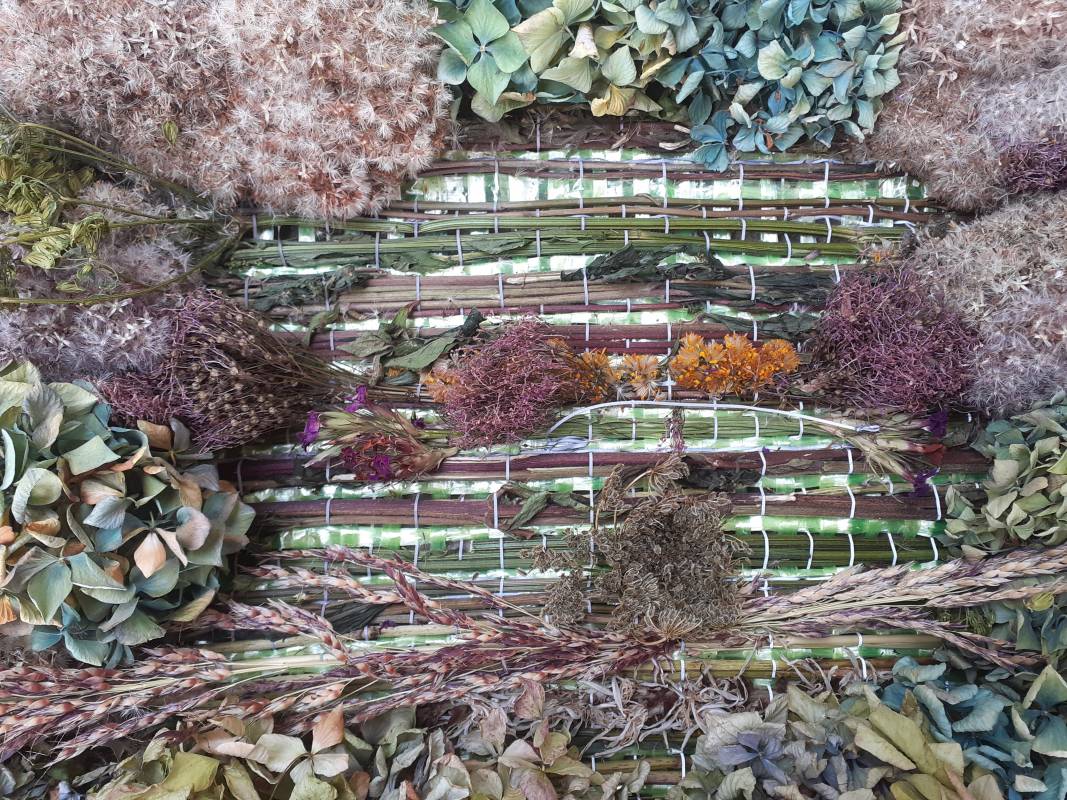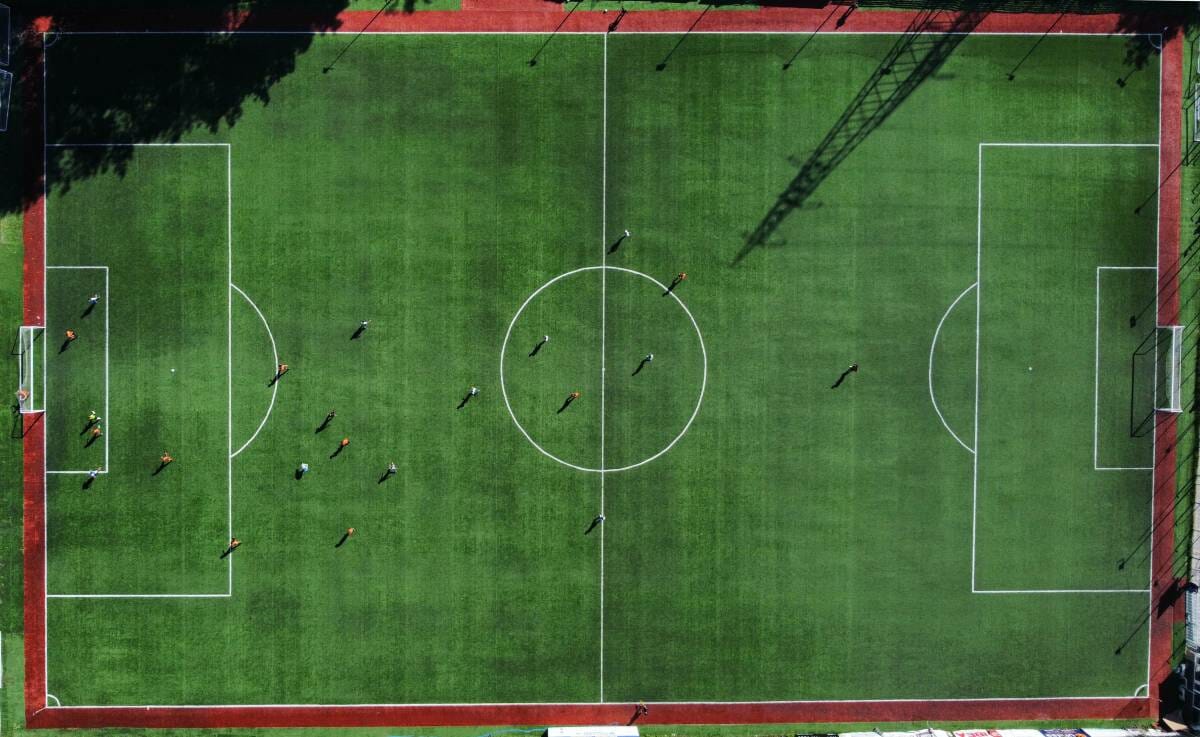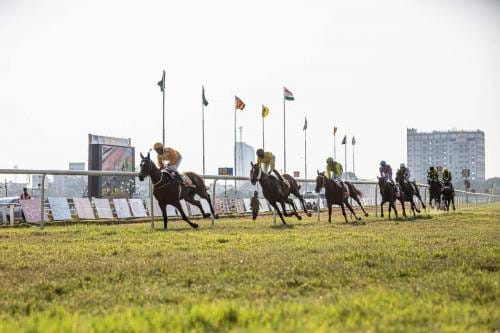“SWEET IS THE SWAMP WITH ITS SECRETS”: Roni Horn at the Hauser & Wirth in Monaco
Until December 17, 2022
The Hauser & Wirth Gallery with its splendid, immaculate space always has a surprise in store for us. Opened in the spring of 2021, this gigantic glass-covered cube which is now part of the One Monte-Carlo architectural complex, has introduced us to Louise Bourgeois, installing a masterful sculpture of a spider facing the casino. This was followed by the visual artist Rita Ackermann and a joint women’s exhibition “Abstraction Corporelles/Anatomies Fragmentées” dwelling on the body and gender interpretation.
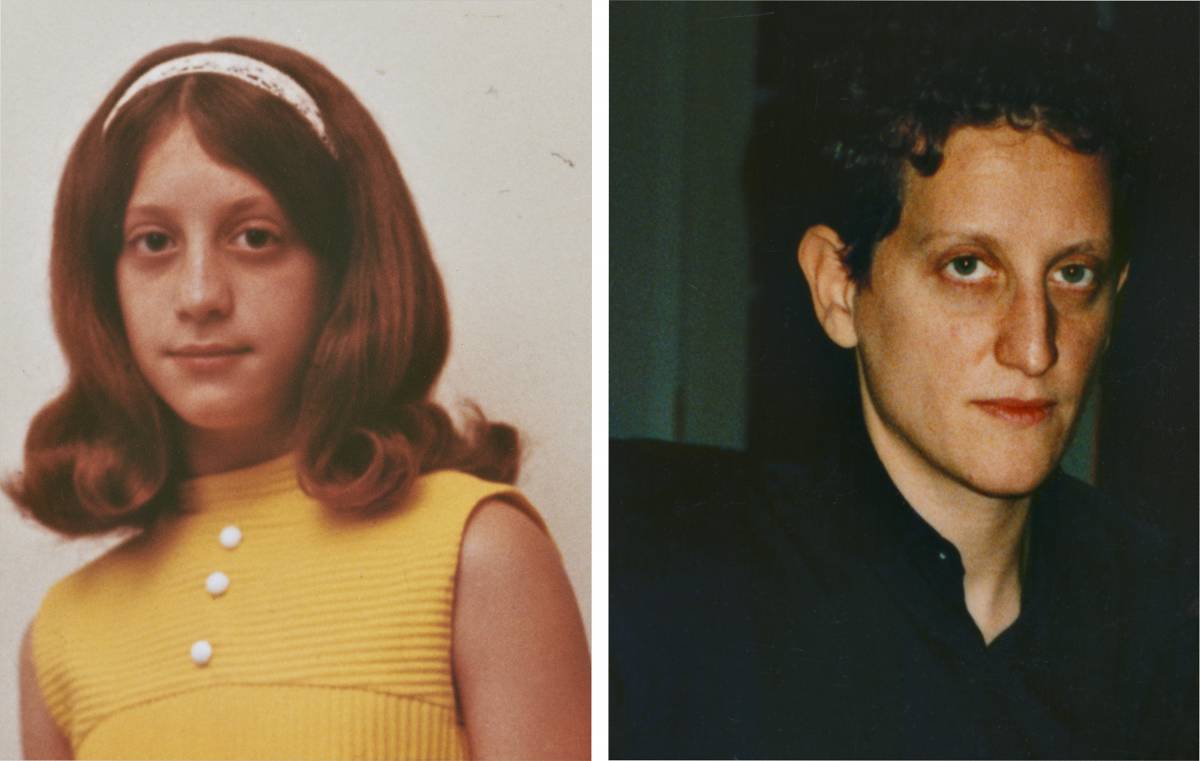
a.k.a. (DETAIL)
2008-09
Ink jet prints on rag paper
6 paired photographs,
Each: 38.1 × 33 cm / 15 × 13 in
© Roni Horn
Courtesy the artist and Hauser & Wirth
Photo: Roni Horn Studio
This autumn Roni Horns’ exhibition pursues a similar theme. The artist explores the changing nature of art and human identity using different media: sculpture, drawing, photography and books. Her photographic and sculptural work is perceived through the cinematographic prism, featuring some excerpts of Ingmar Bergman’s “Persona” (1966). The exhibition reveals that the body, desire and sexuality — the secrets of the “swamp” — are relevant to the artist’s favourite subject of instability and mutability.
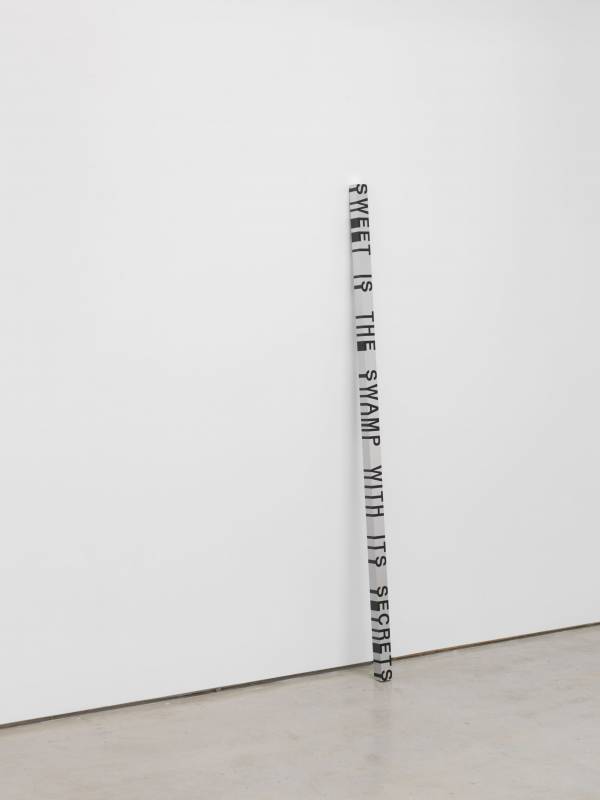
Key and Cue, No. 1740
(SWEET IS THE SWAMP WITH ITS SECRETS)
1994/2007
Aluminium and black plastic
193 x 5.1 x 5.1 cm / 76 x 2 x 2 in
© Roni Horn
Courtesy the artist and Hauser & Wirth
Photo: Genevieve Hanson
Like many of Roni Horn’s works, Bergman’s film is built around an interaction between the two women: Elizabeth, an actress who for some unknown reason refuses to speak, and Alma, her nurse. Bergman visually and literally shows their relationship’s evolution, ripping away the masks and revealing a deep psychic conflict that defines their real selves. This is a subtle and unfinished reflection on the “persona’s” inner being.
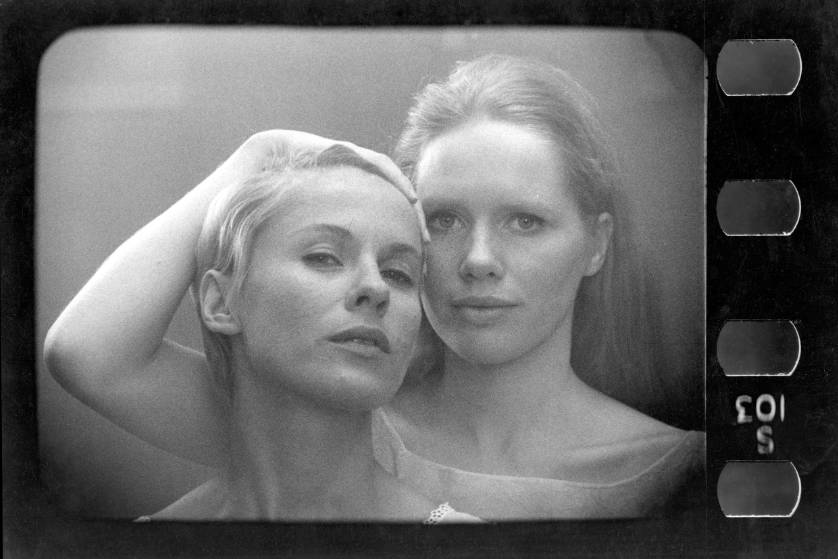
As to Roni Horn, she gently glides on the wings of desire, always on the lookout for genuine emotions disturbing us all.
Hauser & Wirth
One Monte-Carlo, Place du Casino, Monaco
Tel (+377) 9200 0420
The Pastel ‘façon d’être’ from Pierre Skira at the Picasso Museum in Antibes
Until January 8, 2023
The pastel does not cheat, does not get taken for granted. It requires a sharp eye and a feverish hand instead, balancing on the verge of doubt. Perhaps this is why Pierre Skira has chosen it in the 80s and has been true to it ever since.
“It is human to doubt. Painting isn’t of much use unless it invites asking questions. And the big question for me today is that of a shape”. Even if his style is abstract, Pierre Skira does mind the contours. He won’t put his work aside until he feels that everything has been well said.
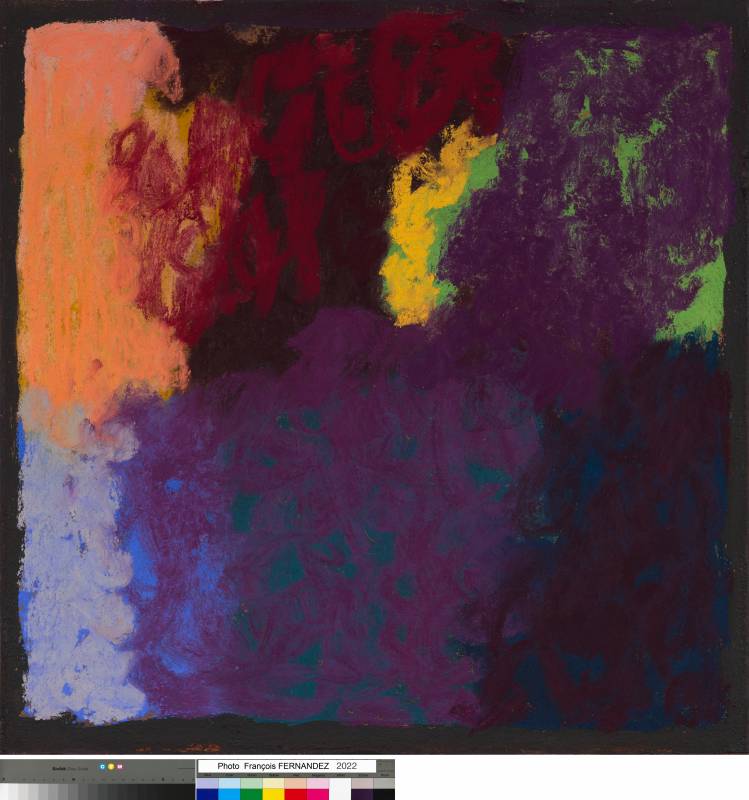
A series of his pastels and engravings will be revealed in the Picasso Museum’s great hall in Antibes for the very first time. According to the Museum’s director, Jean-Louis Andral: “They convey a strong and intimate emotion. For those who know how to see them, embrace the need to be amazed, they are a comforting sign of the future”.
As a teenager Skira had visited the cave of Lascaux (then open to the public). Discovering the prehistoric art adorning its walls had truly been a bombshell. These images strongly engraved in his memory must have inspired the artist in his quest for the most essential. His works skillfully use the intensity and density of the paint, eventually revealing an accomplished shape. A shape which, even without being figurative, suggests many a landscape.
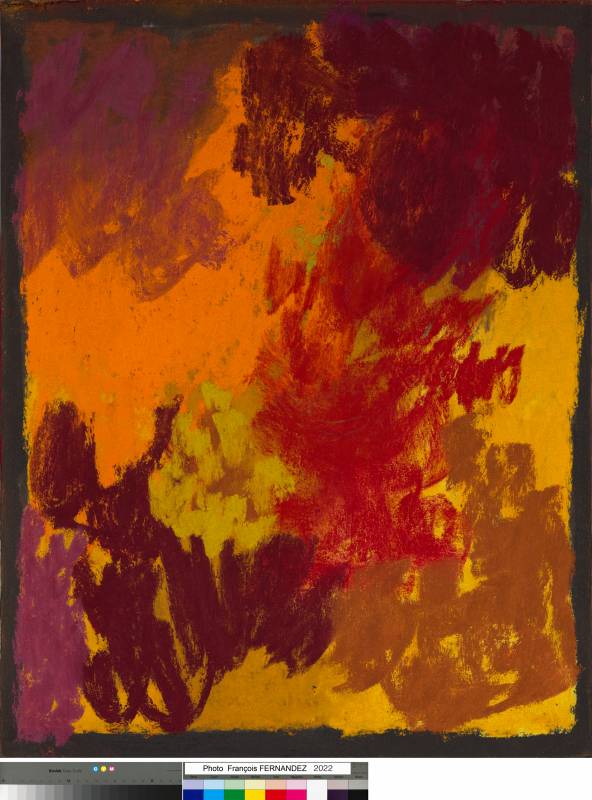
This kind of a ‘façon d’être’ was well-described by Picasso himself: “Painting is stronger than me: it makes me do what it wants.”
Picasso Museum
Château Grimaldi, Place Mariejol, Antibes
Tel +33(0)4 9290 5420
New landscape at the Fernand Léger Museum in Biot
Until February 27, 2023
“The human figure, the human body has no more interest than a tree, a plant, a fragment of a rock, a rope. It is a matter of composing a painting with these objects, carefully choosing those that are right for a composition”. Fernand did know how to bring an entire forest to life with just a few strokes, through the magic of a deeply thought-out assembly.
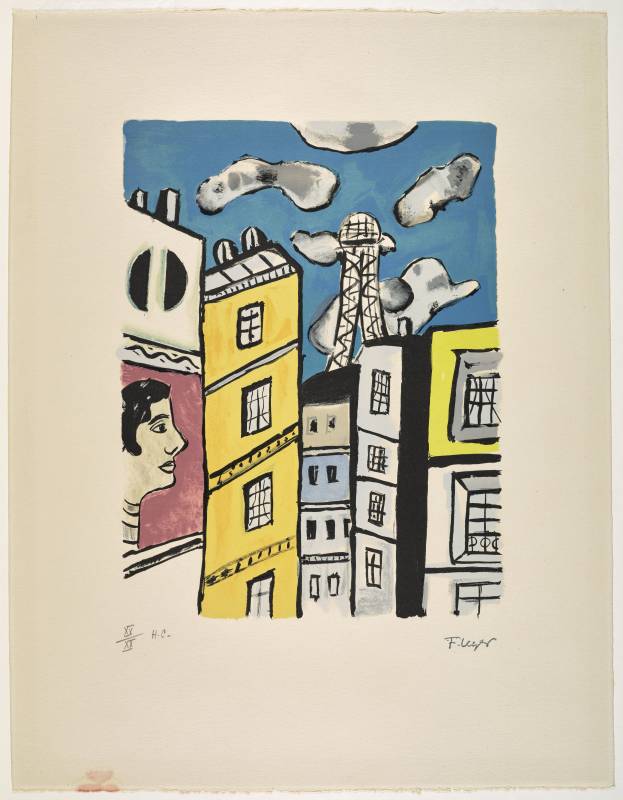
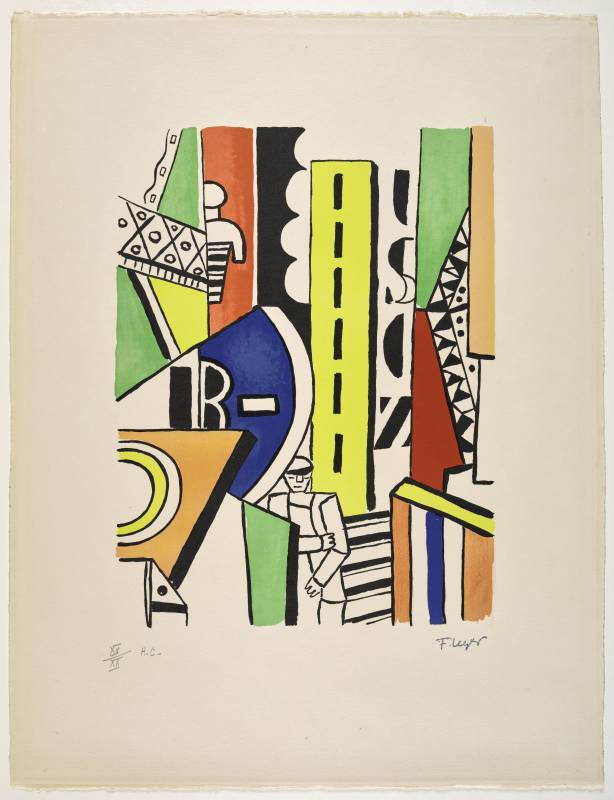
This autumn a new display at the Fernand Léger National Museum in Biot is dwelling on this particular aspect of his work. This is an original representation of paintings, drawings, ceramics and tapestries centered around a landscape. A great opportunity to discover recent works acquired by the museum.
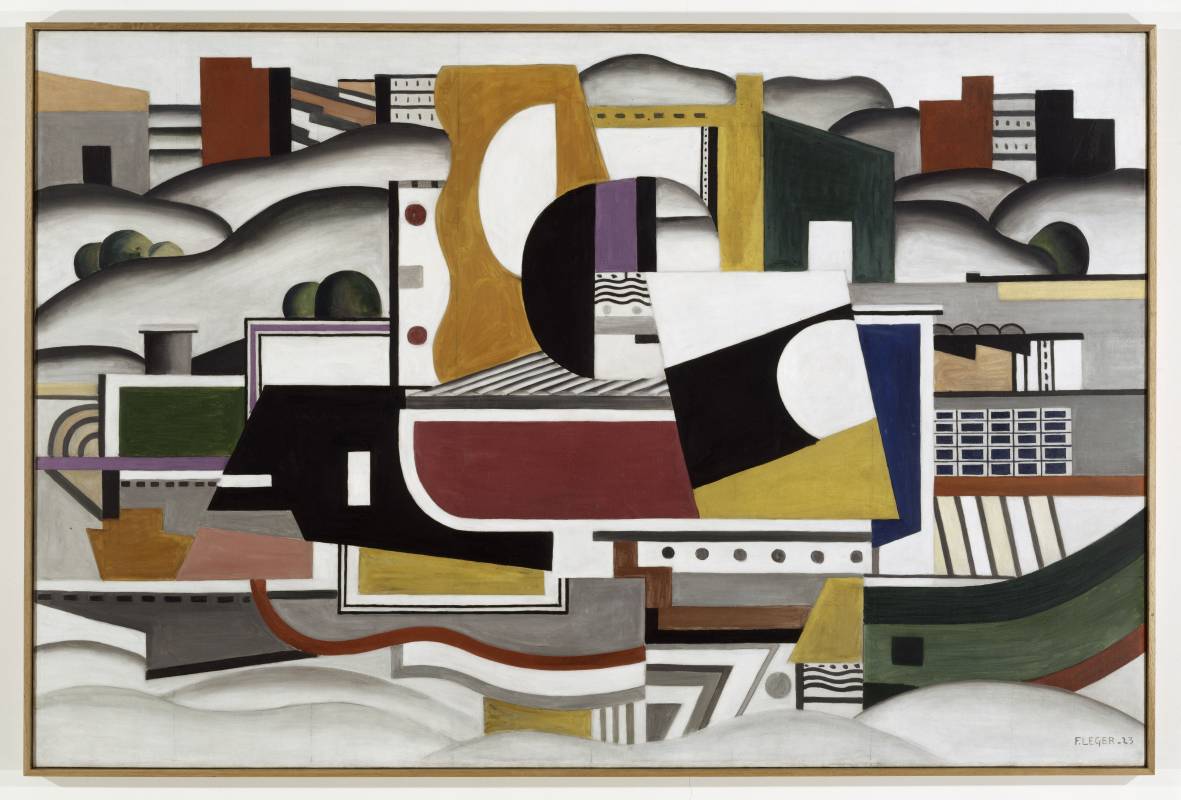
Fernand Léger’s landscapes affirm a singularity that in a way becomes his signature. Willingly punctuated with urban or industrial notes, they symbolize a quest for modernity, typical of the early 20th century. Juxtaposing manufactured or mechanical objects with natural elements, Fernand Léger is revolutionizing a classical concept of art representation. Firmly convinced that “the street may be considered one of the Fine Arts”, the artist was deeply impregnated with the vibes and frenzy seizing the cities, the daily dwellings of their residents. He is thus at the origin of some unclassifiable paintings, truly offering a new vision of the world around us.
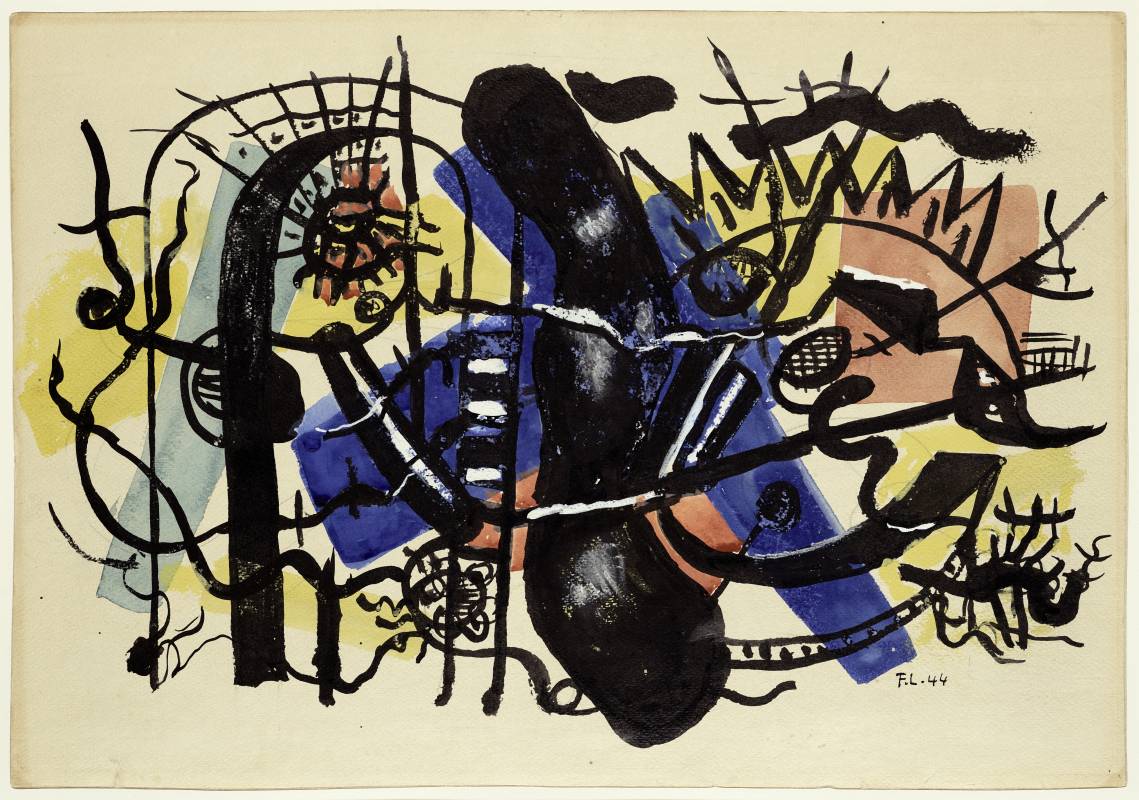
Oscillating between his deep attachment to the French countryside and fascination for an urban development, particularly in the United States, Fernand Léger pursued his pictorial research, resulting in a new genre and opening up unsuspected horizons. It is these unique landscapes that the Biot museum is celebrating. After the cinema (theme of the previous exhibition) it is now time for the artist dressing nature in geometric lines and bold colours.
Fernand Léger National Museum
255, Chemin du Val de Pôme, Biot
Tél: +33(0)4 9353 8720
“Devenir fleur” at the MAMAC in Nice
Until April 30, 2023
This summer, a biennial entirely devoted to the queens of plants, the “Flowers”, has been a highlight for a number of Nice museums. In autumn, the MAMAC (Museum of Modern and Contemporary Art) is celebrating its highpoint, suggesting for us to “Become a flower”. This is an invitation to reinterpret yourself as a part of the whole, a particle of the universe, a being uppermost dependent on nature, still more vital at a time when ecological awareness becomes intergenerational.
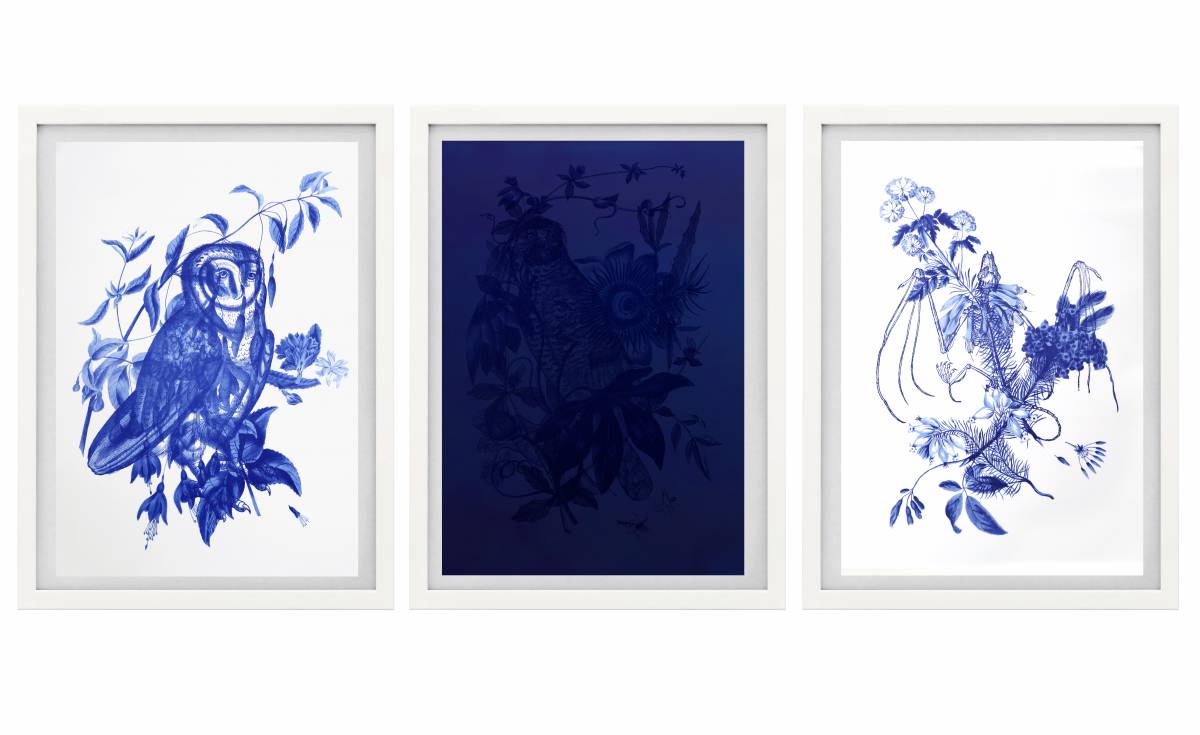
Some forty artists from twenty countries have reinterpreted this theme, as if inviting us to “Become a flower”. This is perhaps a way of learning to adapt to climate change, to practice a certain sobriety whilst trying to save the most important — the planet we live on, the air we breathe.
Flowers — food for humans, bees and insects alike — are a vital part of it all. Traditionally valued for their elegance and aesthetics, they also play a fundamental role in the environmental balance.
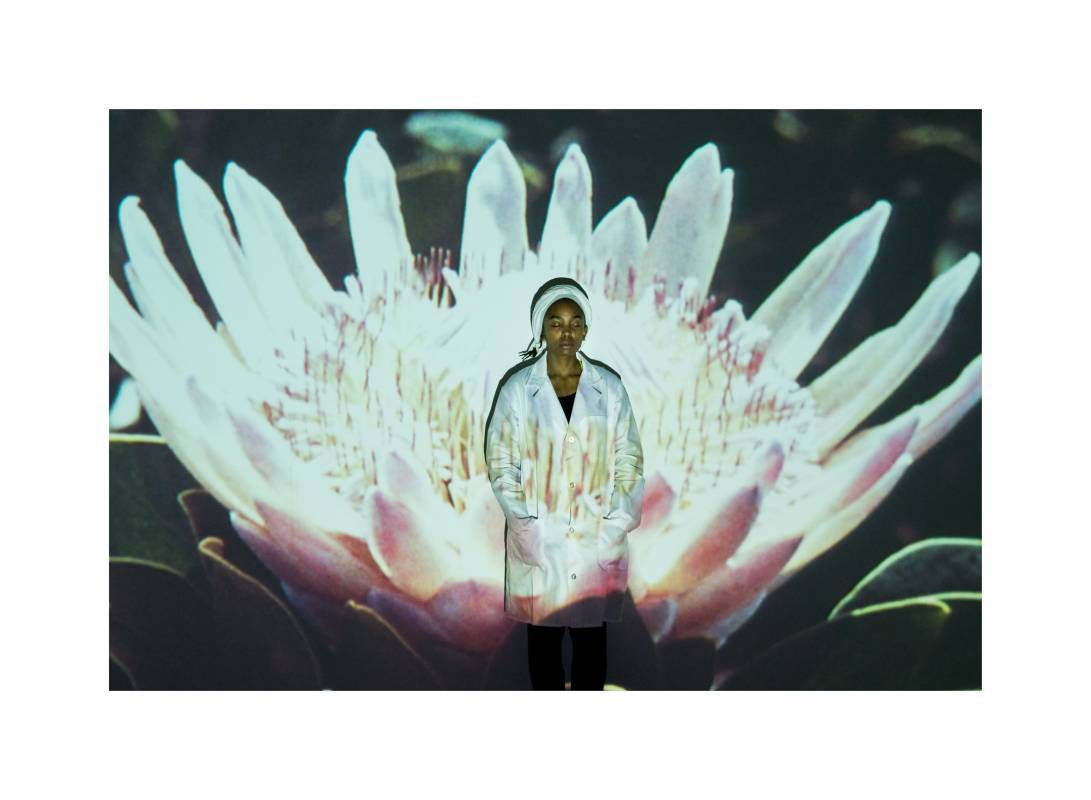
Visual artists have well reflected on the subject, revealing both minimalist and striking installations, pastel and shiny compositions, photos, paintings and drawings. Each one has his own style, his own thoughts. But above all, this is a palette of a singular expression charged with emotions and revelations. With a few installations specially created in situ, the artists have truly taken over the large museum spaces.
MAMAC
Place Yves Klein, Nice
Tel : +33(0)4 9713 4201


